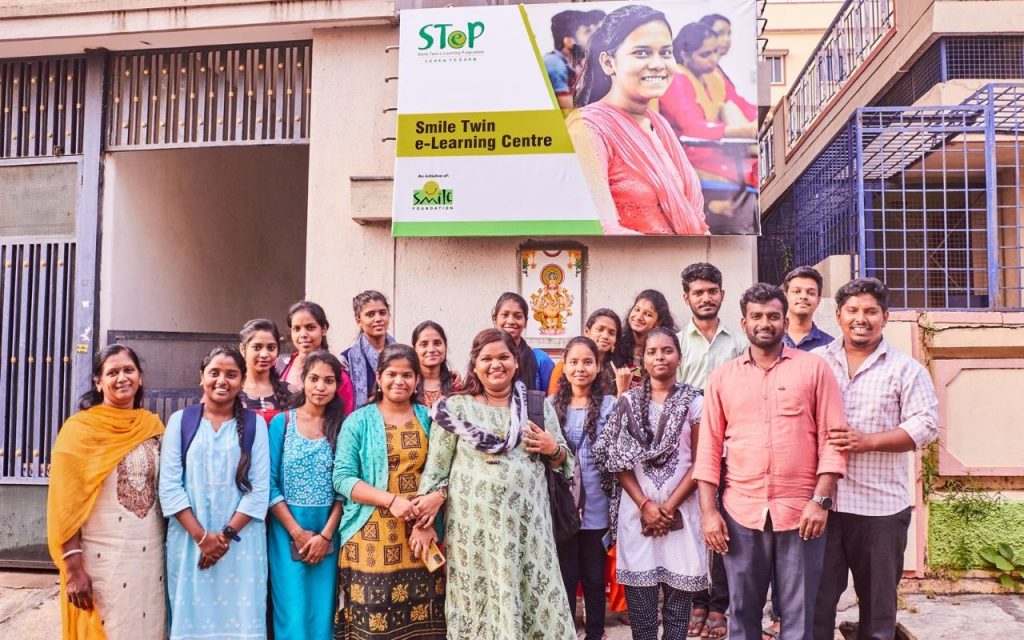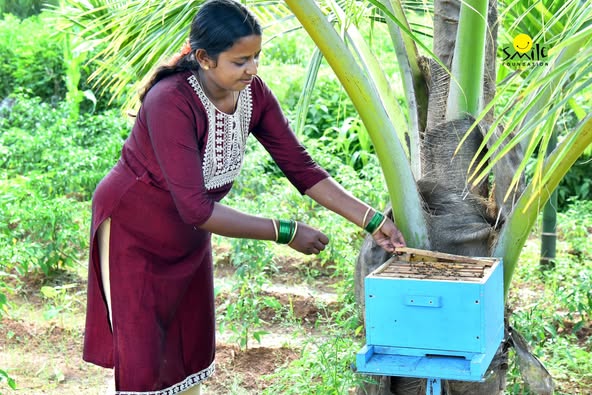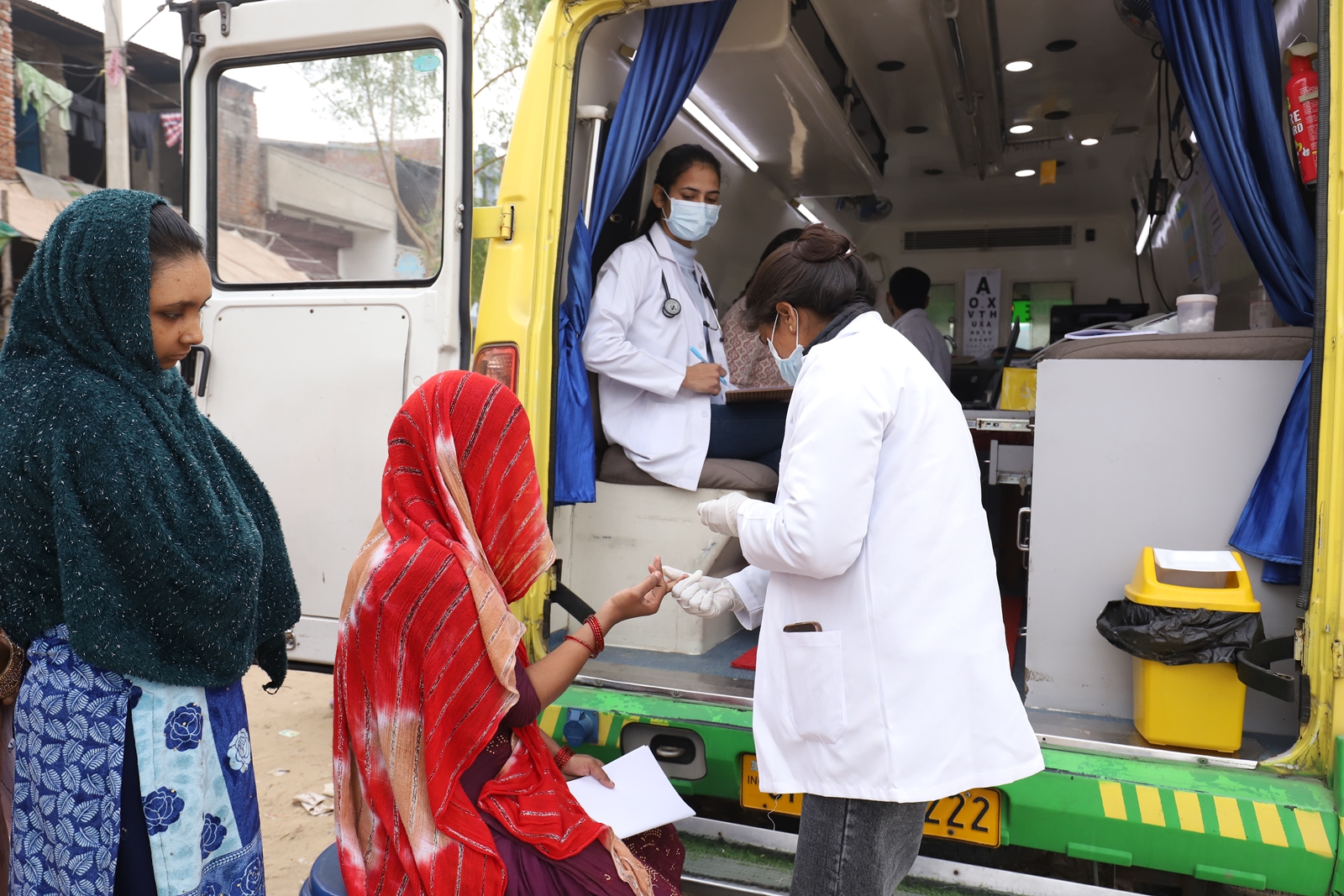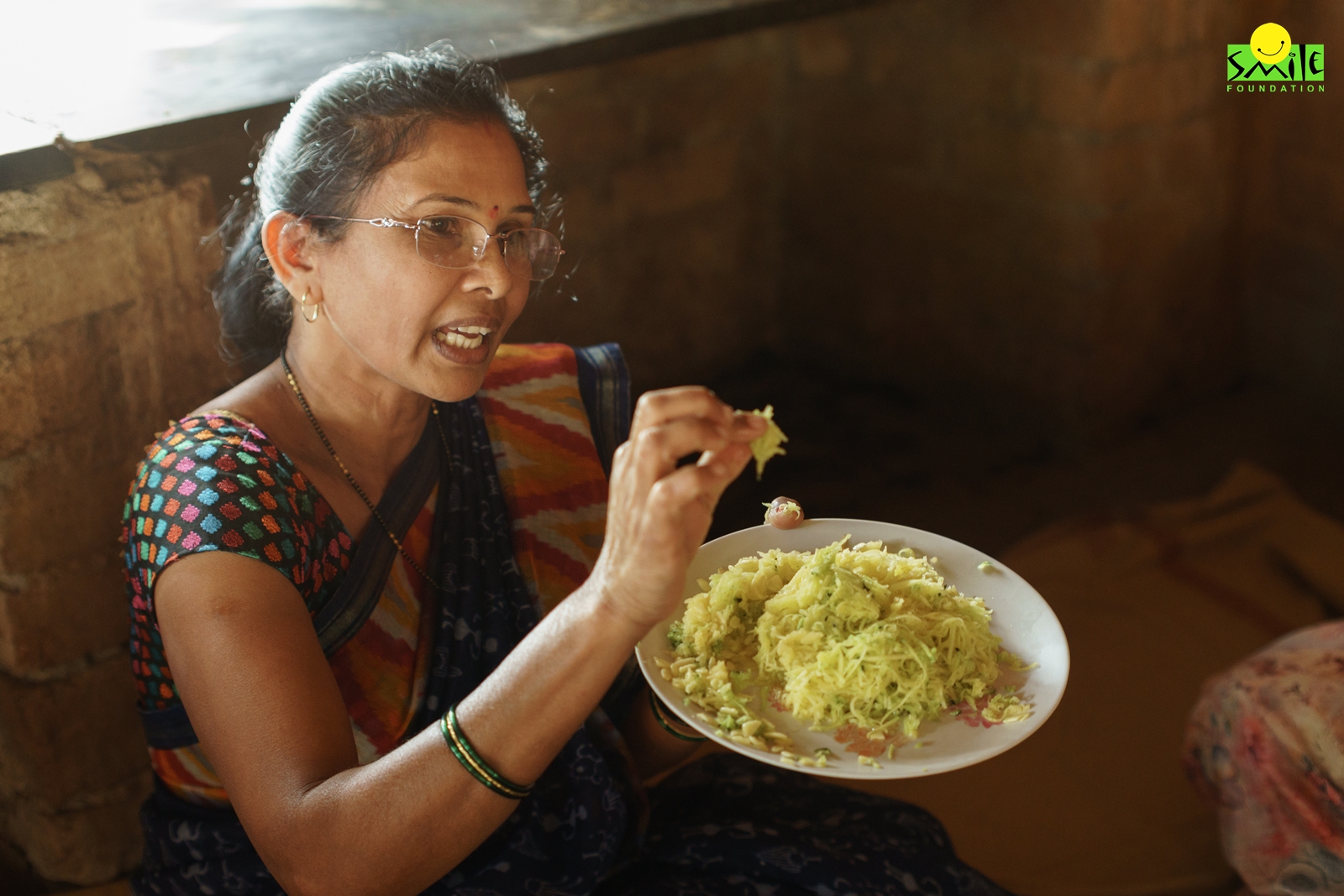Every country’s youth plays a big role in nation building. And it’s true of India too. According to the 2021 World Population Review, India is home to 1.37 billion people. At present, there are 600 million people aged between 18 and 35 in the country.
India’s youth population is an integral part of the country’s growth. Youth today are at the forefront of change – economic, social, political and environmental. But, to help them realise their full potential, you also need to address the challenges faced by them – by providing access to education, health, employment, and gender equality. And the government, private sector and NGOs are working to provide a nurturing environment.
“The youth of today is very important for nation building. That’s why we have mentorship programmes and other initiatives to engage them in all aspects of our work,” says Vikram Cotah, CEO, GRT Hotels and Resorts. “They bring in fresh perspectives. That’s why we have open houses, where we encourage them to come up with ideas, and solutions to problems, which we then incorporate.”
Drivers of economic growth
Young people can help drive India’s economic, social, and cultural transformation. India has seen a surge in youth-driven startups, contributing to economic growth and job creation.
According to ‘A Study on the Effectiveness of Start-Up India Scheme for Youth Entrepreneurs: A way of Economic Growth in India’ published in Kaav International Journal of Economics, Commerce & Business Management, a refereed peer-reviewed journal, entrepreneurship has the capacity for employment generation, GDP improvement, and innovation in the business field. It not only leads to self-employment but also builds capital, improves the standard of living, and increases the per-capita income by extending different employment opportunities. In a developing country like India many policies are directed to encourage entrepreneurship among major youth forces of labour and low -middle income groups. For instance, in 2016, the government of India launched the Startup India initiative, which aims to transform the nation’s youth into employment creators rather than job seekers.
Spearheading social, political change
Though often young people are perceived as being indifferent to the world of politics, they are the main agents of social and political change. Several programs have been launched to encourage youth participation.
The ‘Know Your Leader’ campaign encourages young people to learn about their elected representatives and their work. It helps them understand the role of politicians and promotes transparency in the political system.
The National Young Leaders Programme, a Central Sector Scheme, identifies and nurtures young individuals with leadership potential, providing them with mentorship and training opportunities. The objective of the programme is to develop leadership qualities among the youth to enable them to realize their full potential and in the process, to contribute to the nation-building process.
Bringing about environmental change
The youth of today are more aware of environmental issues and are also at the forefront of combating it. Whether it’s organising beach clean-ups or combating climate change, they are to preserve the planet.
According to a Down To Earth report, 94% of Indian youth feel impacted by climate change. About 1,931 people aged 14-25 years were part of the survey. Around half of the survey’s participants reported increased stress or anxiety related to the worsening climate. Another 22% said these challenges motivate them to take action, highlighting a desire to combat the crisis despite feelings of vulnerability.
Several green initiatives involving Indian youth have been launched at the local and national level. The Indian Youth Climate Network (IYCN), for instance, works to raise awareness about climate change and its impact on India, particularly among young people. The organization advocates for policy changes and supports grassroots initiatives to promote sustainable development and reduce greenhouse gas emissions. IYCN also provides a platform for young people to engage with climate issues and take action in their communities. Through its various campaigns, events, and outreach programs, IYCN seeks to build a movement of young people committed to fighting climate change and promoting a sustainable future for India.
“Young people are action and result oriented. More than talk about a problem they wish to be solution providers, changemakers. Environmentalist Foundation of India’s (EFI) establishment is based on field work and thus we are able to connect with action-oriented youth,” says Arun Krishnamurthy, founder, EFI, who established it in 2017. “Our volunteers are engaged in clean-ups, plantation and maintenance, field study, and environment awareness.”
Initiatives to empower youth in India
Recognizing the importance of the youth demographic, the Indian government, along with NGOs and the private sector, is implementing a range of initiatives to empower young people.
The Skill India Mission was launched in 2015 to create and implement comprehensive skill development training programmes that would help bridge the gap between industry demands and skill requirements and therefore, develop the country at large.
The Digital India campaign, launched in 2015, is a comprehensive initiative aimed at transforming India into a digitally empowered society. This initiative is vital for the younger generation, as it not only increases access to technology but also helps bridge the digital divide. It promotes digital literacy, online education, e-governance, and digital services, allowing youth from even rural and underserved areas to access information, resources, and opportunities that were once out of reach.
The draft National Youth Policy (NYP) 2021 outlines a 10-year vision for youth development that India aims to achieve by 2030. It has outlined steps for critical intervention towards health, education, skill building, entrepreneurship, and leadership training. It also focuses on efforts to engage youth through technology, while highlighting the need for cohesively linking skilled workers with apt employment. Developing a fitness culture among the youth while bolstering access to health care and services is another focus area of the policy to ensure a holistic development.
Aimed at fostering a culture of innovation and entrepreneurship, the Atal Innovation Mission (AIM) seeks to establish innovation hubs and provide young innovators with the necessary resources to turn their ideas into viable businesses. With programs like Atal Tinkering Labs and Atal Incubation Centers, AIM offers a platform for young people to work on their creative ideas, innovate, and build solutions that address India’s most pressing challenges.
The Pradhan Mantri Kaushal Vikas Yojana (PMKVY) was launched in 2015 to encourage and promote skill development in the country by providing free short duration skill training and incentivizing this by providing monetary rewards to youth for skill certification. During its pilot phase in 2015-16, 19.85 lakh candidates were trained. After the successful implementation of pilot PMKVY (2015-16), PMKVY 2016-20 was launched by scaling up both in terms of Sector and Geography and by greater alignment with other missions of Government of India like Make in India, Digital India, Swachh Bharat, etc.
The Ministry of Environment, Forest and Climate Change has also partnered with UNICEF YuWaah (Generation Unlimited in India) to create the digital Meri LiFE platform. Meri LiFE enables young people to hone their leadership, climate sensitivity, and green skills with support from Capgemini.
CSR initiatives, NGOs harness youth power
“We work a lot with school and colleges. We integrate students who are interested in working in the hospitality industry after they complete class 12, and offer them skill development programmes and certify them,” says Cotah, adding that they also work with NGOs. “As part of our CSR activities, we have tied up with NGOs working with the less privileged. We have given Rs 2 crore to class 12 students who have scored 70% and above so that they can get into the college of their choice,”
At their hotels, Cotah says they have introduced a mentorship programme. “We have a buddy system, where a senior person is in charge of a couple of youngsters so that they get integrated fully into the system,” he says.
Krishnamurthy says that youth involvement is crucial and critical as they are the future. “Getting them ready for challenges is essential. Adaptation is a key skill that they need. Youth of today is a fine blend of tech and field work, hence it’s a promising generation capable of plenty,” he says.
Smile Foundation has also been contributing by skilling the youth and making them more employable. Our STEM and experiential learning initiative builds scientific temperament in students by introducing them to think critically, solve problems through inquiry and logic, ideate creatively and continue this process learning for a lifetime are critical skills for the youth and workforce of tomorrow.
Our skill training and livelihood program is closely aligned with the ‘Skill India’ initiative of the Government of India. We aim to empower individuals with relevant and in-demand skills through specialized training courses, which will help them adapt to the changing job market and secure meaningful employment opportunities.









